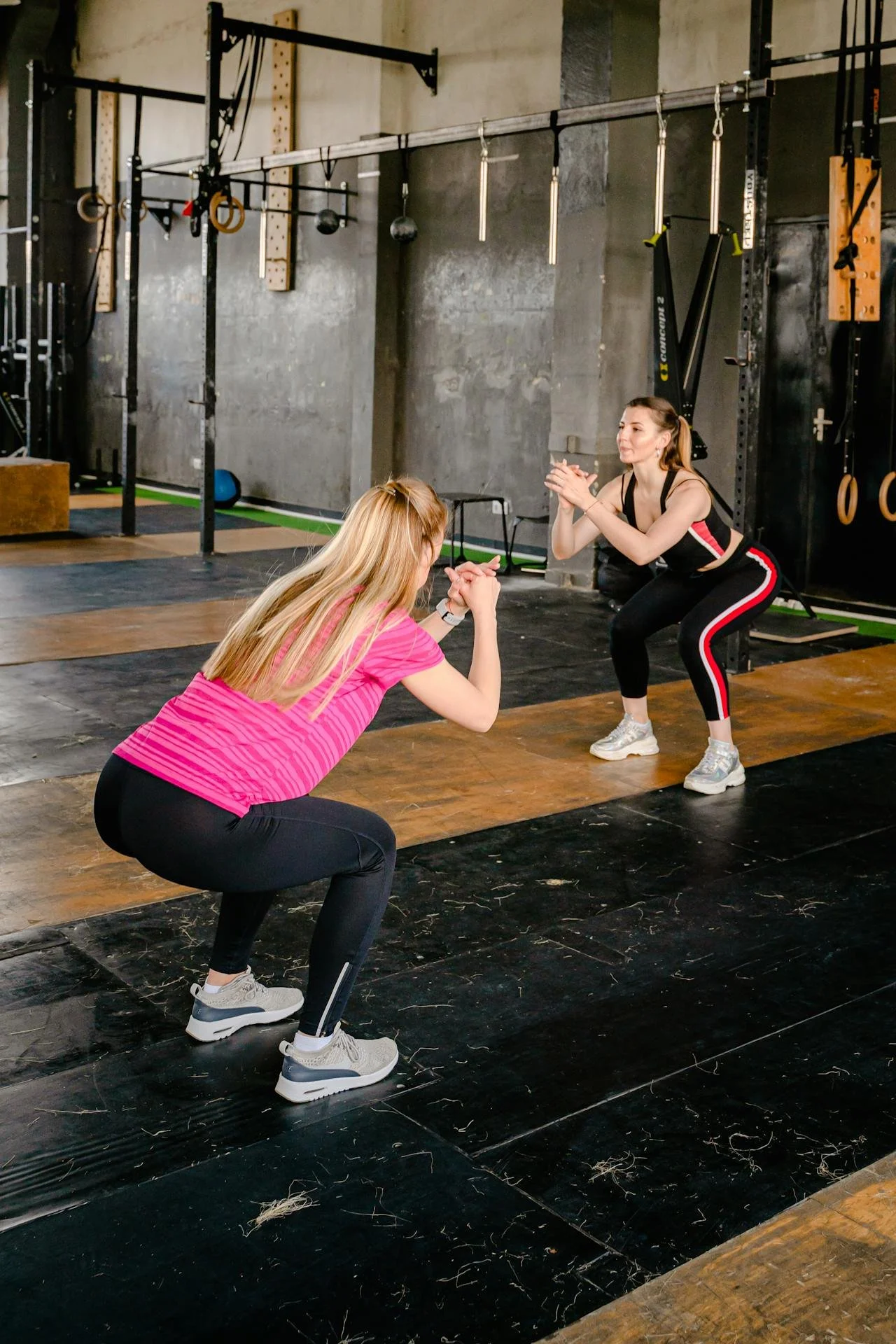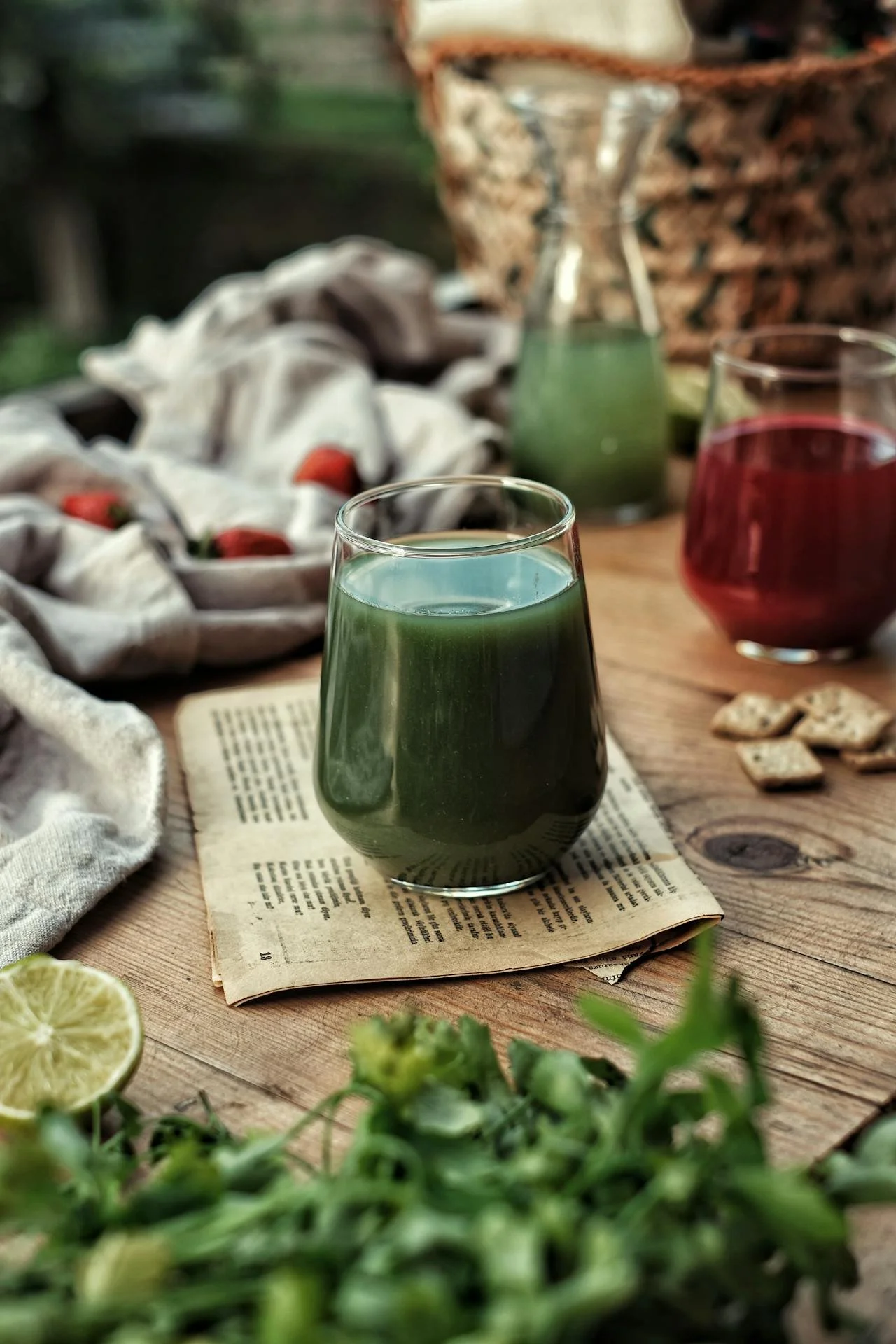Top 6 Ways You’re Sabotaging Your Weight Loss Goals
ABSTRACT
Discover the top 6 ways you're unknowingly sabotaging your weight loss goals. Learn why relying on protein bars, consuming "healthy" snacks, drinking your calories, overeating healthy foods, not eating enough, and lacking physical activity might hinder your progress. Expert insights and practical tips from personal trainers are included.
KEYWORDS
Weight loss tips
Common weight loss mistakes
Sabotaging weight loss goals
Protein bars and weight loss
Healthy snacks and weight gain
Drinking calories
Overeating healthy foods
Eating habits for weight loss
Physical activity and weight loss
Personal trainer advice
Introduction
Nothing is more frustrating than trying to lose weight and not seeing any difference. You might be surprised to discover which factors may hold you back. In my review of the MSN article “44 Ways You’re Sabotaging Your Weight Loss Goals," I've carved out the top 6 ways.
YOU RELY ON PROTEIN BARS
Protein bars and shakes are “healthy” treats that are sabotaging weight loss goals because they have too many artificial sweeteners, Felicia Romero, celebrity fitness and nutrition expert, says. While this is a zero or low-calorie alternative, it has been found that adults consuming diet beverages tend to have increased consumption of solid-food matter; so much so that it offsets the calorie savings from the artificial sweeteners, Matt Thorsen, masters in Exercise Science and product specialist at SportsArt, says. “Acute and chronic intake of artificial sweeteners can lead to decreased insulin sensitivity which can set one down the path of type 2 diabetes.”
Personal Trainer Wisdom: The moral of this story is that artificial sweeteners can lead to diabetes and weight gain just as much as sugar. While this is important, there is a bigger picture, too. Protein bars and shakes are highly processed protein supplements that rarely match the nutrient-dense benefits of their whole counterparts. You should probably ditch the bars altogether. “They’re easy and convenient,” you say. Meals prepared ahead of time will also be easy and convenient.
YOU EAT “HEALTHY” SNACKS
“Granola is always considered a ‘health’ food –however, it’s riddled with sugar and added fat,” Brenkus says. “The flavored yogurts have tons of sugar too.” Sugar is your nemesis –as it provides no nutrient and plenty of empty calories. Keep it low, he adds.
Personal Trainer Wisdom: It’s time to start reading packages. Your granola or yogurt may pack as much sugar as a can of Pepsi (38 grams). Let’s define “keep it low” since people may interpret it however they see fit. Anything above 15 grams of sugar per meal is taking a weight gain risk. Save the sugar for a more celebratory time!
YOU DRINK YOUR CALORIES
The only “calorie talk” Marcellus does is in asking people to try not to drink them. “Caloric drinks – juices, sweetened nut ‘milks,’ blended coffees, sweet teas, etc. – are always a place to look if you don’t seem to be reaching your fitness goals. A glass of wine is OK each night, or strategizing as close to only 7 alcoholic drinks per week as possible, she adds. “And, pouring a little less than you usually would or using a smaller glass can make a big difference to your waistline.”
Personal Trainer Wisdom: Sweet drinks are indeed a secret killer. If you have a hard time kicking the craving, you may want to subtract one packet of sugar at a time from your morning java until you find the minimum amount of sweetness to satisfy your wants. One of my personal training clients changed her habit from four to one packet of sugar in each of her three daily coffees and lost 9 lbs in four weeks.
Regarding wine consumption, let’s agree that we shouldn’t drink alcohol. It is a toxin, after all (eat grapes for antioxidants instead). Since we love life and the fruits of the land, I don’t expect you to remove your favorite vino altogether. Test your body’s sensitivity to alcohol. How much wiggle room do you have for a nightly glass in your diet? If you are already eating a lot of dairy, bread, meat, and candy, you may have to sacrifice the number of liquid grapes in your nightly habit.
YOU OVEREAT ON HEALTHY FOODS
Almonds and avocado, for example, are very healthy for you. However, they are also high in calories and fat, although it’s a good fat, Brenkus says. “The key is portion control. Like any type of food –if you eat too much of it—even though it’s healthy –it still can be stored as extra calories.” Too much fat can be an overeating of calories, Romero adds.
Personal Trainer Wisdom: Just because something is healthy for you doesn’t mean it doesn’t come with limits. Try to limit your fat to 15 grams per day. I assure you that your whole avocado at lunch will surpass that amount (and that doesn’t include the nuts and olive oil on your salad). Cut everything in half and see if the weight loss follows.
YOU DON’T EAT ENOUGH
“I believe in eating when you’re hungry,” Brenkus says. “It goes without saying, that if you’re starting an exercise program, it will require you to eat more often and having extra calories – food is fuel.” You may not know it, but starving is actually dangerous.
Personal Trainer Wisdom: If you're hungry, respond with the proper nutrient-dense fuel. Be sure to decipher between mental and physical cues. Are you reaching for food because you’re bored or stressed, or has it been about 3 to 5 hours of proper digestion and absorption, and you’re ready to refuel?
NOT MOVING
Diet AND exercise are so often clumped together but not always equally put into practice, Thorsen says. Diet has a major contributing factor but so does being physically active. Along with simply burning more calories there are a host of additional benefits to exercise, and resistance training specifically: “increased muscle mass helps to burn more calories throughout the day, improved strength, osteoporosis prevention, improved blood lipid profile, more energy, and psychology benefits.”
Personal Trainer Wisdom: Correction: Diet IS the most significant contributing factor. I’ve witnessed personal training clients push physical limits within our sessions without losing an ounce of weight. While muscle mass helps to burn more calories throughout the day, it isn’t significant enough to counter poor dietary habits. At the same time, I do agree that both are necessary for optimal health for the reasons described above.
Photo Credit:
Men’s Fitness .com–Is starving yourself the answer to losing weight?
ABOUT THE AUTHOR: MICHAEL MOODY, PERSONAL TRAINER
As an author, a personal trainer in Denver, and podcast host, Michael Moody has helped personal training clients achieve new fitness heights and incredible weight loss transformations since 2005. He also produces the wellness podcast "The Elements of Being" and has been featured on NBC, WGN Radio, and PBS.
Michael offers personal training to Denver residents who want to meet at the 2460 W 26th Ave studio….or in their homes throughout LoHi (80206), LoDo (80202), RiNo (80216), Washington Park (80209), Cherry Creek (80206, 80209, 80243, 80246, 80231), and Highlands (80202, 80211, 80212). Michael also offers experiences with a personal trainer in Jefferson Park (80211) and Sloan's Lake (80204, 80212).
If you’re looking for a personal trainer who can curate a sustainable (and adaptable) routine based on your needs and wants, Michael is the experienced practitioner you’ve been looking for. Try personal training for a month…your body will thank you!































